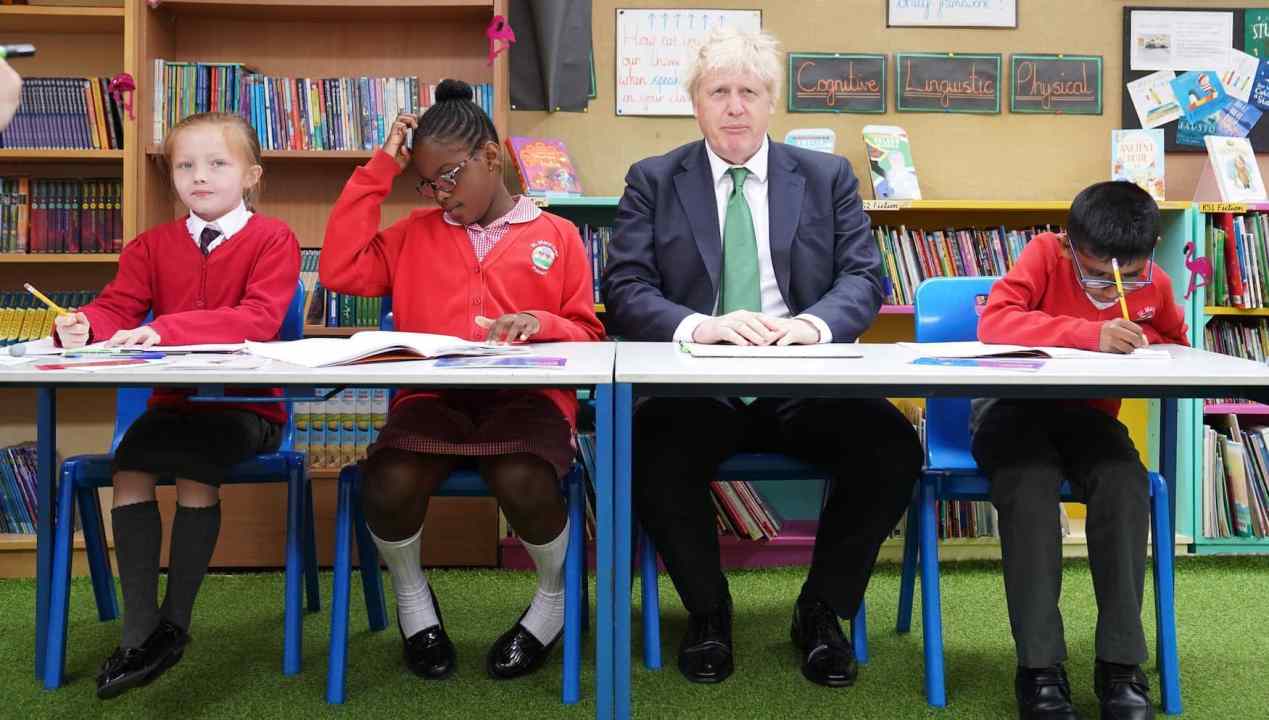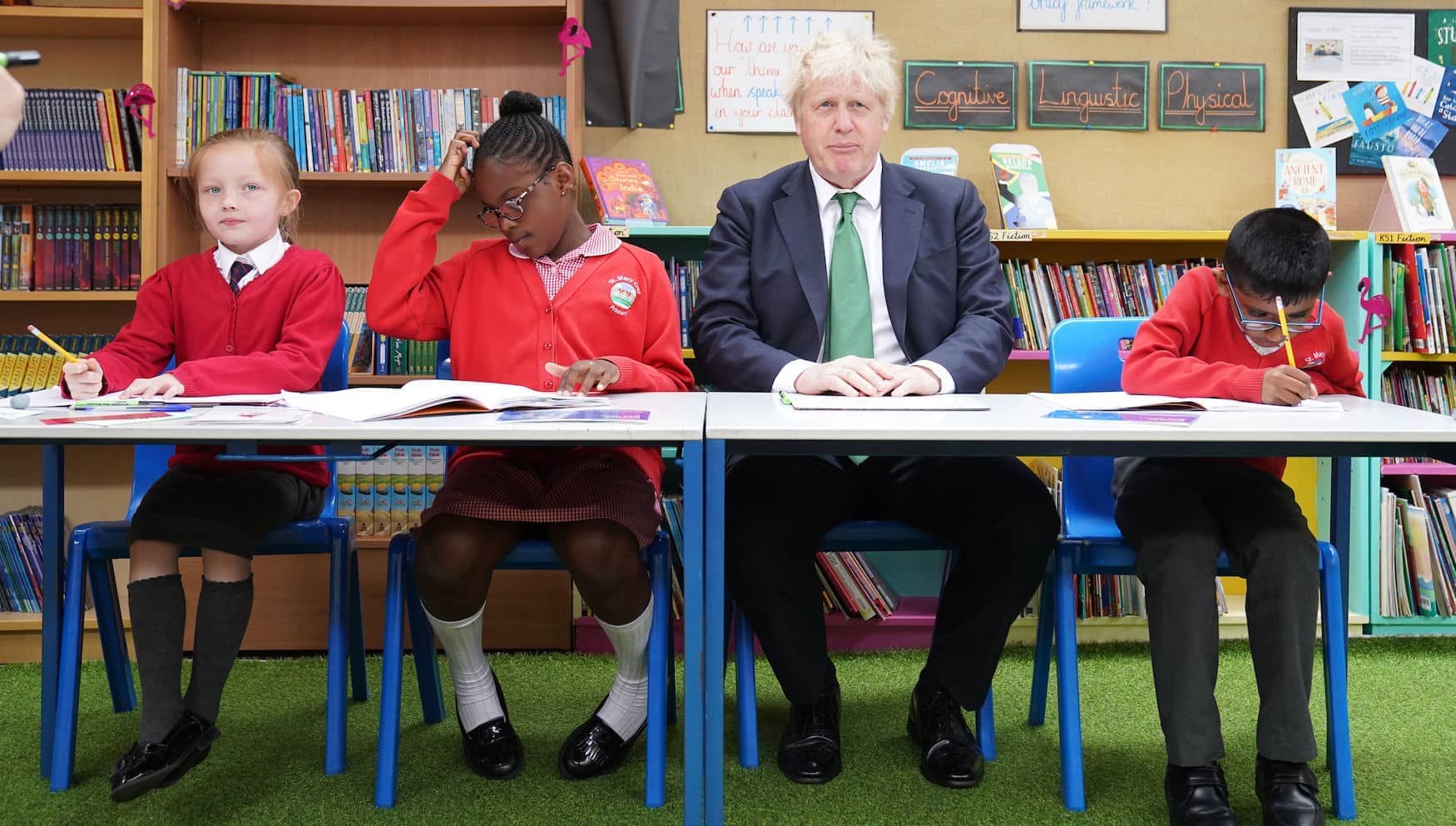Britain’s children go back to school this week. But after months of chatter about grade inflation and the harmful effects of lockdown on learning, is it parenting, rather than schooling, that actually needs attention? New polling reveals that one in ten younger parents think it’s down to someone else to teach their pre-school children to speak. Dig a little deeper and this number doubles to almost a fifth for the very poorest parents. Getting the basics right is seen as someone else’s job.
Too many children fall behind before they have even started school. Many never catch up. By the time they leave school, children from the poorest backgrounds are on average almost three years behind those from the most affluent homes in reading and writing. At the start of this academic year, it’s parents that need a sharp lesson in their responsibilities. Just as we expect them to get their children through the school gates, we should expect them to put in the work at home. Last week the education department published a ‘parental responsibility’ census making it clear that fines await those who allow their children to skip school; perhaps it might add reading to the list of parental responsibilities too.
There shouldn’t be a stigma attached to illiteracy but it should be shameful for parents not to pick up a book and read to their children
This summer almost a third of teenagers failed to achieve a basic standard in GCSE English, many of these youngsters will face a life of misery as they join the seven million functionally illiterate British adults. This all starts at home. Academics at Exeter University recently found that almost half of the teenagers failing to get up to a basic level of literacy at 16 had fallen behind before their first day in a classroom. It isn’t hard to work out where the problem lies: parenting matters and we should be willing to say so.
Getting books into homes should be a national mission; some of the estimated six and half hours a day that the typical child spends in front of a screen should instead be used to read books. Every year the media regulator Ofcom looks into the habits of children and uncovers startling statistics. One in six three-to-four-year-olds have a mobile phone, a bonkers figure I checked again and again in disbelief. By the time they finish their first year of school, a quarter of five-year-olds have a phone. It’s hard to see where the books come in. The National Literacy Trust put out a report this weekend, handily timed for the return to school, showing that only half of children aged five to eight said that they read daily with about two children in every class admitting they never read at all. One in five children don’t have any books at home.
Educationalists point to poverty as a factor. The so-called ‘forgotten fifth’ – those teenagers who don’t achieve basic maths or English – are much more likely to grow up in the shadow of joblessness, single parenthood and overcrowded housing. It is a cycle that will repeat itself if today’s five-year-olds leave school unable to read and write. The quickest route to life on the breadline with little prospect of work is to be unable to read.
There shouldn’t be a stigma attached to illiteracy but it should be shameful for parents not to pick up a book and read to their children. There are innovative schools bucking the trend, many in rougher parts of the country, who pull parents in to explain their role in plain language. It’s the nudge many need to stop and think about what parenting actually means. Take the Feltham Reach Academy in London. Staff there get involved with the lives of local families practically from birth with parenting groups and a children’s hub attached to the main school. They run parenting classes and every parent signs an agreement setting out the expectations for them. The school serves a poor part of London but that doesn’t mean the parents are let off the hook, they are expected to get involved and play their part.
The truth is that children spend the vast majority of their lives outside of the classroom. We can always look to cram more reading and writing into the school day and argue about the curriculum, but it can’t just be about the ‘system’ or government – we need parents to step up too.







Comments